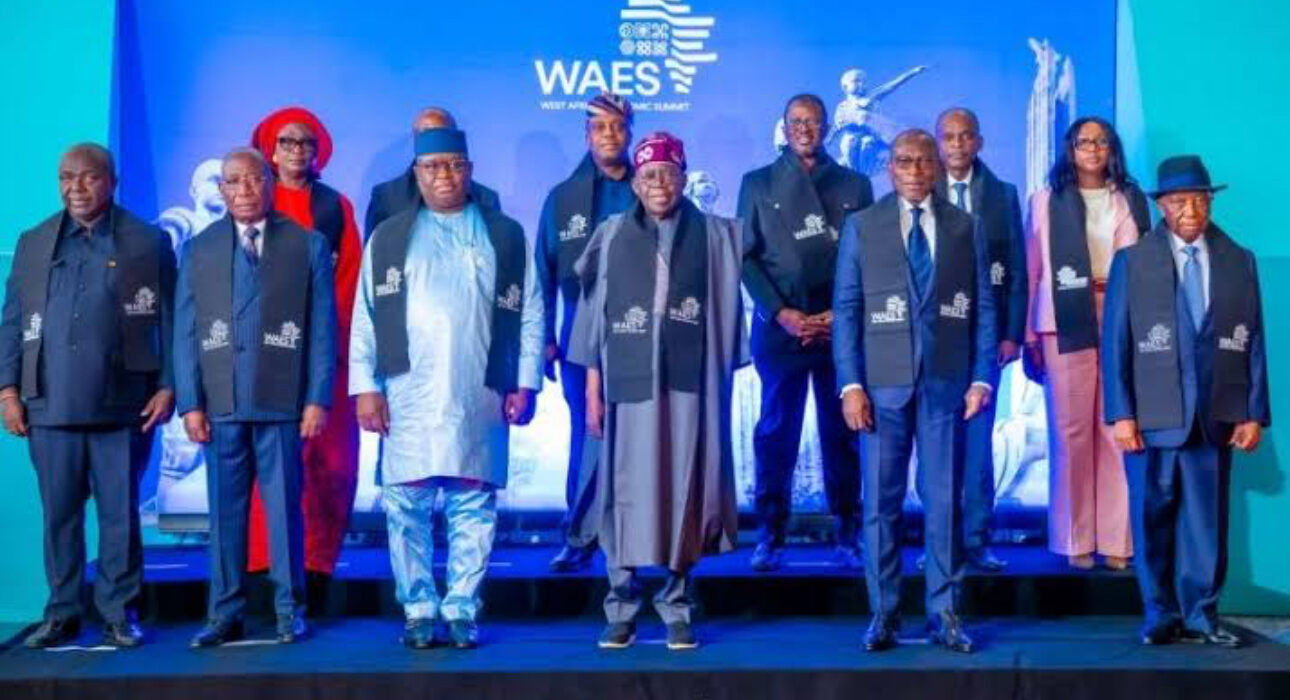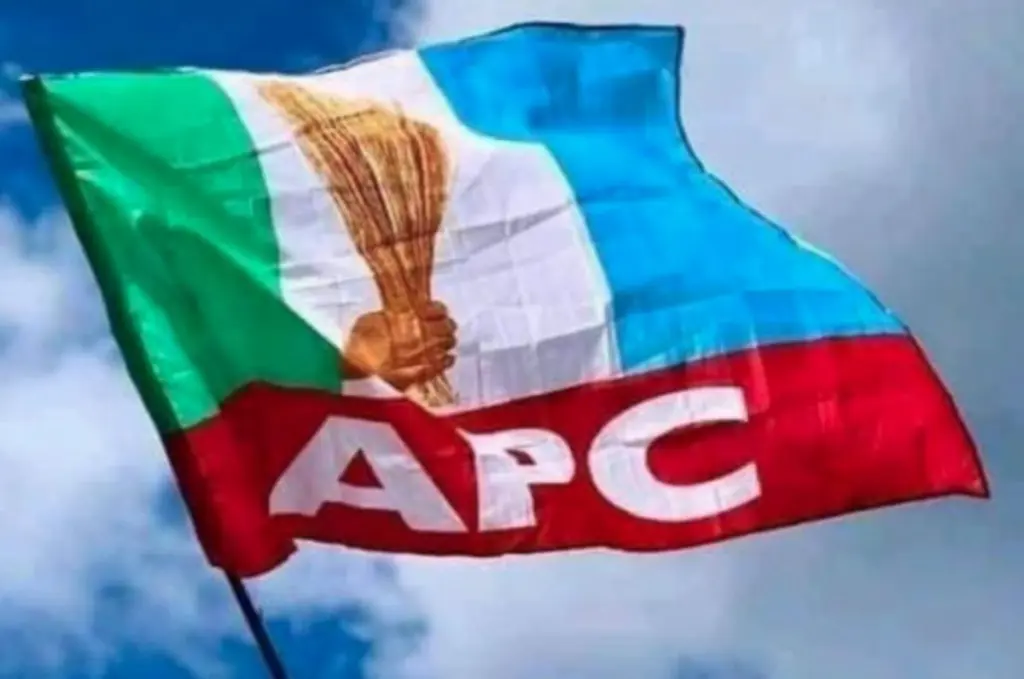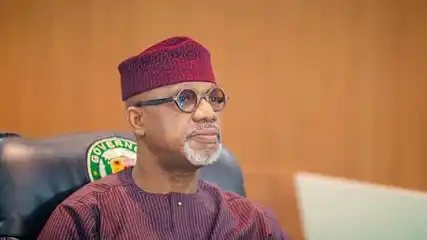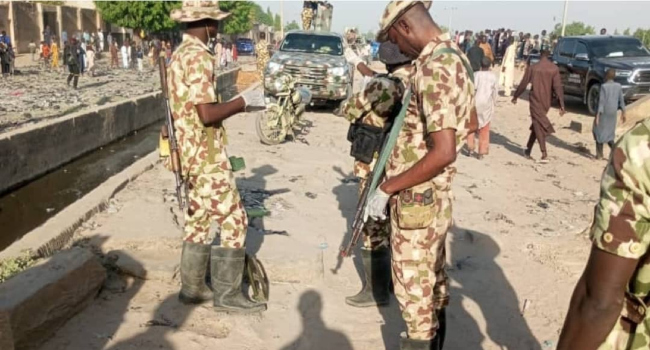West Africa Economic Summit Closes in Abuja with Strong Commitment to Regional Integration and Trade Reform

The inaugural West Africa Economic Summit (WAES), held in Abuja, concluded with a united pledge by regional leaders to deepen economic integration and eliminate trade barriers across the subregion. The summit, hosted by Nigeria and spearheaded by President Bola Ahmed Tinubu in his capacity as Chair of the ECOWAS Authority of Heads of State, brought together high-level delegates including ministers, development partners, private sector leaders, and policy strategists from across West Africa.
Held under the theme “Unlocking Trade and Investment Opportunities in the Region,” the summit ended with the adoption of the Garki Declaration on Regional Prosperity and Integration. The declaration outlined key commitments including the harmonisation of customs procedures, investment in infrastructure such as the Lagos-Abidjan corridor, development of agro-industrial value chains, the promotion of cross-border digital identity systems, and a target to raise intra-regional trade from under 10 percent to above 50 percent within five years.
In his opening address, President Tinubu warned that West Africa’s long-term survival depended on collective action. He criticised the region’s over-reliance on raw commodity exports, describing it as a “pit-to-port dependency,” and called for a shift toward local manufacturing and industrial processing to create sustainable economic value. According to him, “If we do not build together, we will collapse separately. Our infrastructure, energy networks, supply chains, and data systems must all be designed for unity and integration.”
A major highlight of the summit was the signing of a landmark bilateral agreement between Nigeria and Benin Republic. The deal, described by both governments as a model for wider West African cooperation, outlines shared frameworks for border management, customs integration, and digital trade initiatives. President Tinubu and President Patrice Talon jointly endorsed the agreement as a step toward regional cohesion, particularly as the ECOWAS bloc faces political and institutional fragmentation.
The summit was held alongside other critical regional meetings, including the 67th Ordinary Session of the ECOWAS Authority of Heads of State and Government, ministerial-level summits, and a Security Council meeting. This convergence of policy forums underscored the urgency of aligning economic reform with political stability across the region.
While the political exit of Niger, Mali, and Burkina Faso from ECOWAS has created notable tensions, WAES participants reiterated their commitment to inclusive regional growth and maintaining diplomatic and economic channels with all neighbouring states. The summit also drew attention from international partners, including representatives from the African Continental Free Trade Area (AfCFTA) Secretariat, ECOWAS Bank for Investment and Development, and various regional monetary and trade agencies.
In its final communiqué, the summit stressed that regional economic advancement must be driven by West Africans themselves—through innovation, entrepreneurship, infrastructure investment, and a commitment to dismantling artificial trade boundaries. Stakeholders agreed to institutionalise the summit as an annual forum for monitoring implementation progress and aligning national policies with regional goals.
As delegates departed Abuja, the consensus was clear: West Africa’s prosperity depends not on promises but on the urgent execution of integration efforts that are inclusive, sustainable, and coordinated across the public and private sectors.









